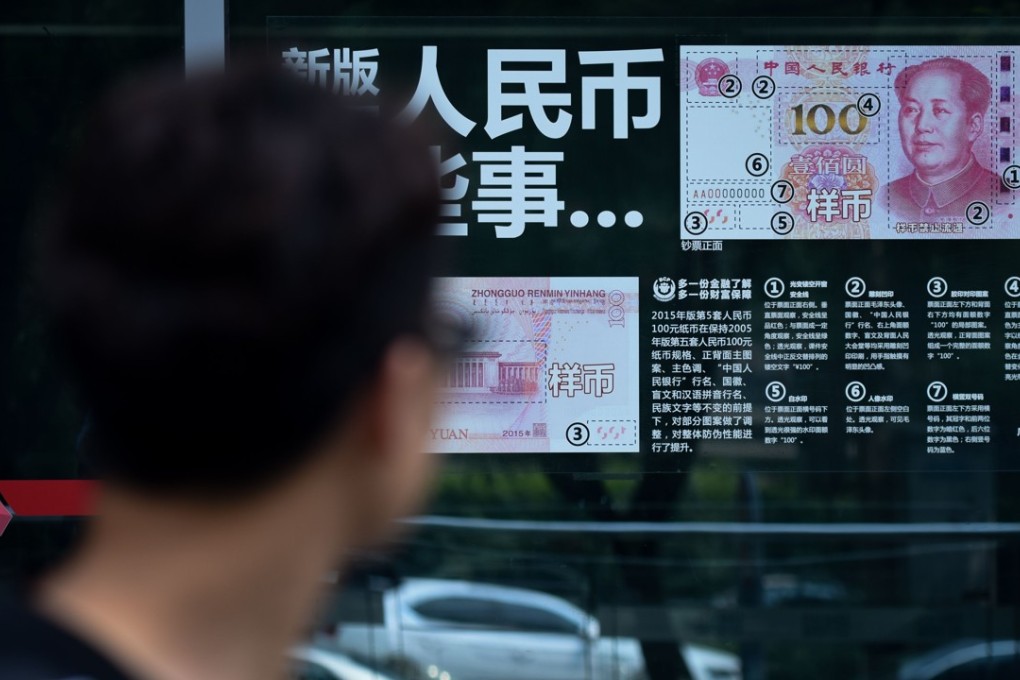Macroscope | Is China a currency manipulator or is Donald Trump to blame for the yuan’s weakness?
Neal Kimberley says the drop in the yuan is more likely to be a market response to the US-China trade war than the result of active management by the Chinese authorities

For example, measuring a move in foreign exchange, as in all markets, depends as much on the start point as on the end date. Certainly, as Douglas Porter, chief economist at Canada’s BMO Capital Markets wrote on Friday, the yuan “is down 7 per cent in three months, a very big move”.
Yet, as another Canadian firm, TD Securities, noted last Thursday, the yuan’s real effective exchange rate “had diverged significantly over the past year from the rest of Asia, and particularly north Asia, by appreciating by 7.3 per cent into the end of May”.
Consequently when yuan weakness became more pronounced in June, the subsequent fall in the China Foreign Exchange Trade System official index, which measures the yuan’s value against a basket of currencies, led TD Securities to write of the unwinding of “over two-thirds of the [yuan’s] appreciation over the course of the past year”.
Clearly that unwinding has occurred quickly, but if the yuan was overvalued, the process might have occurred anyway, albeit at a slower pace.
Watch: CNBC’s interview with Donald Trump

